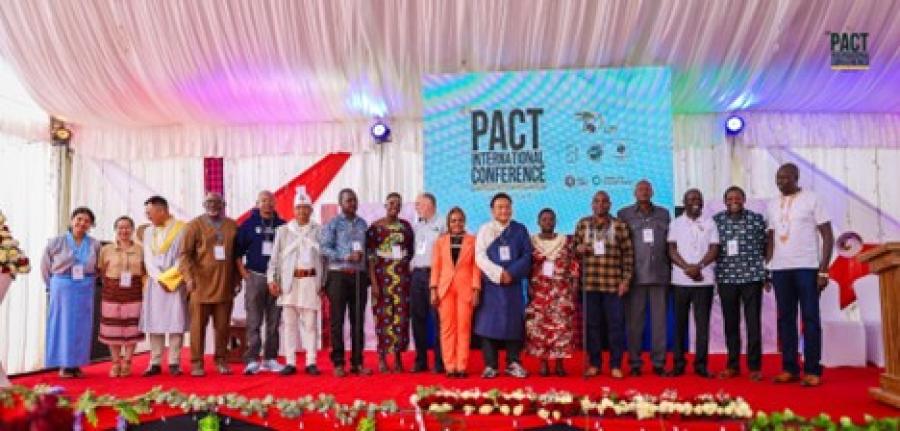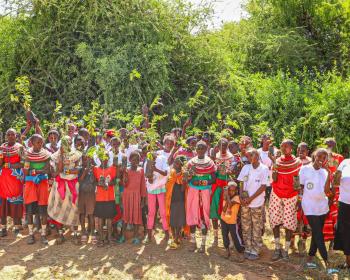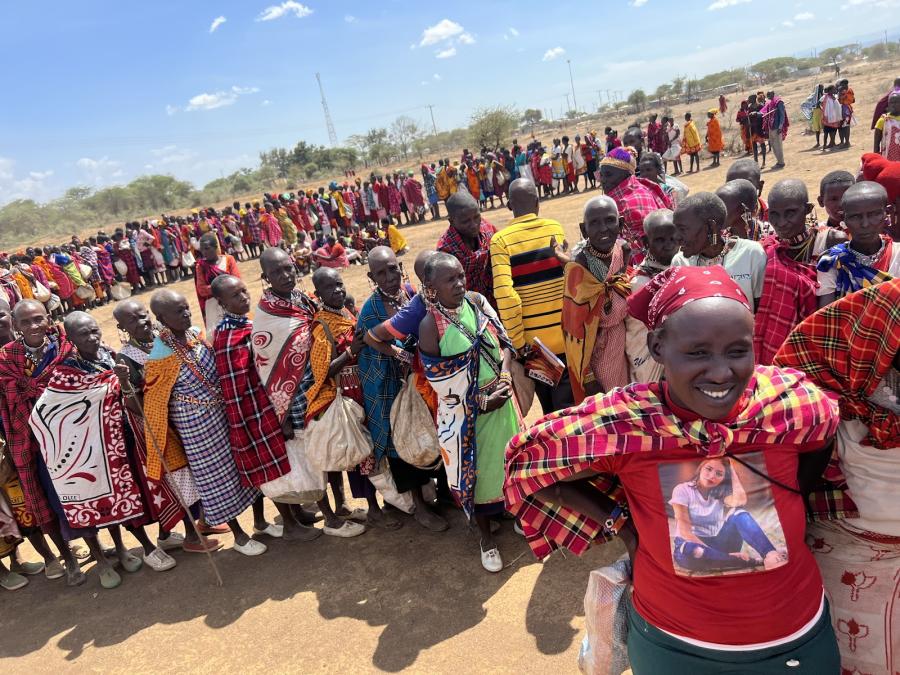
On September 4, 2014, the African Governors of the World Bank Group (WBG) and the International Monetary Fund (IMF) met in Khartoum, Sudan, In addition to commenting on issues of poverty, finance, and infrastructure, they “not[e] with deep concern that the proposed Environmental and Social Safeguards Framework of the World Bank Group has not fully addressed the challenges of the existing Safeguards Policies, which have constrained implementation of critical projects and have provisions that go against national laws and the social fabric of our societies.”
They clearly link this concern to the blatant disregard with which the World Bank has treated Africa’s Indigenous Peoples in their subsequent call for the WBG and the IMF to “[e]nsure that the revised Environmental and Social Safeguards Framework fully benefits from, among others, consultations with government, respects national laws, takes into account unique country circumstances and addresses concerns around controversial issues, such as, the treatment of indigenous peoples, which as stated in the current and proposed policy is inadequate and divisive[.]”
Their statement, known as the Khartoum II Declaration, has particular relevance to the Indigenous Maasai people of the Rift Valley in Kenya, who, for the last three decades, have experienced mass evictions from their homelands to make way for projects like Hell's Gate National Park and large-scale geothermal projects, the latter of which are funded by the World Bank Group and other international financial institutions. The companies behind the geothermal projects and their international funders are not only acting illegally by forcibly removing communities from their ancestral homelands without compensation and without the communities' free, prior, and informed consent as guaranteed in international legal instruments such as the Declaration on the Rights of Indigenous Peoples, not to mention flouting Kenya's own constitution which protects the right to property "without discrimination and [to] just, prompt, and full compensation." They are also implementing projects which, though geothermal energy development has a reputation for being safer and "greener" than alternatives like coal and oil, release pollutants like arsenic, mercury, and others into the air and waterways on which the Maasai people depend. The right to a healthy environment and cultural heritage are also protected in the Kenyan constitution, but that has put no damper on these exploitative projects.



